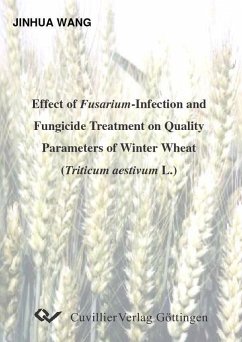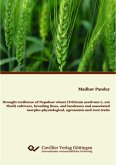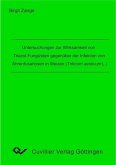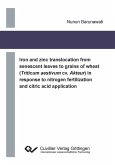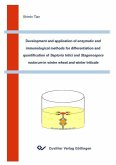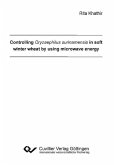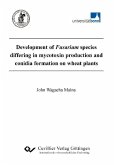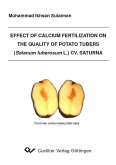To assess the effects of Fusarium-infection on the quality of winter wheat (Triticum aestivum L.), flour samples of the commercially grown wheat (cv. Hanseat) artificially infected by Fusarium culmorum were analysed. The infection degree in Fusarium-Protein-Equivalent (FPE) was quantified by an enzyme-linked immunosorbent assay (DAS-ELISA). Higher activity of this fungal proteolytic enzymes and their capability of digesting winter wheat storage proteins were observed in seriously infected samples compared to light infected samples. The lower sedimentation value, higher free amino acid concentration, lower content of total glutenin and high-molecular-weight glutenin subunits of the seriously infected samples occurred probably due to enzymatic digestion of protein. The protease from F. culmorum showed maximum activities at pH 6.5 and 7.0, and temperature of 25 and 40 °C, respectively. Considerably, the fungal protease was active in a wide range of temperature from 10 to 100 °C and at pH 6.0-8.0.
Dieser Download kann aus rechtlichen Gründen nur mit Rechnungsadresse in A, B, BG, CY, CZ, D, DK, EW, E, FIN, F, GR, HR, H, IRL, I, LT, L, LR, M, NL, PL, P, R, S, SLO, SK ausgeliefert werden.

